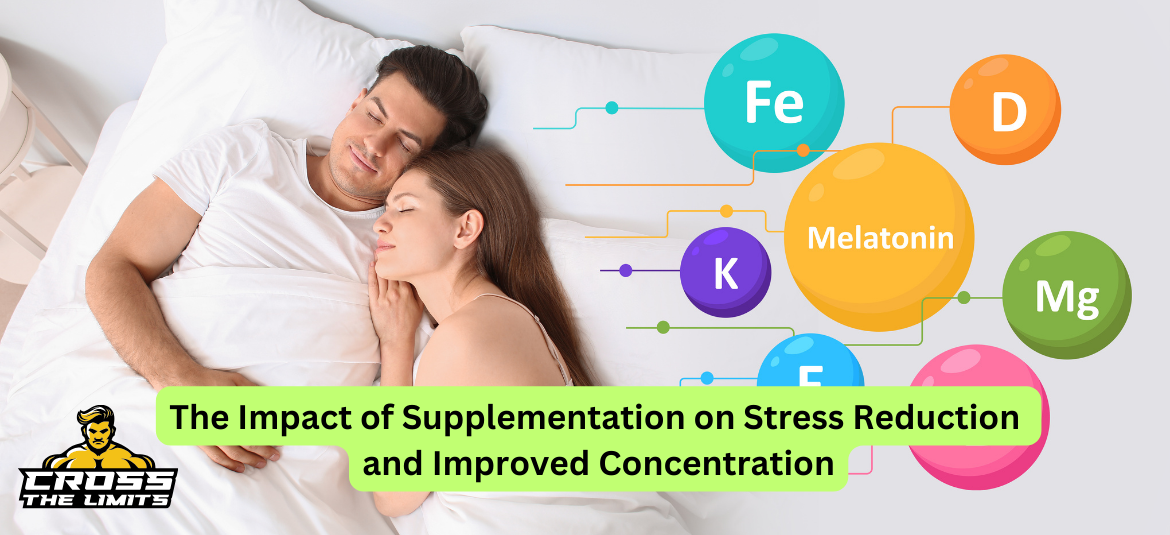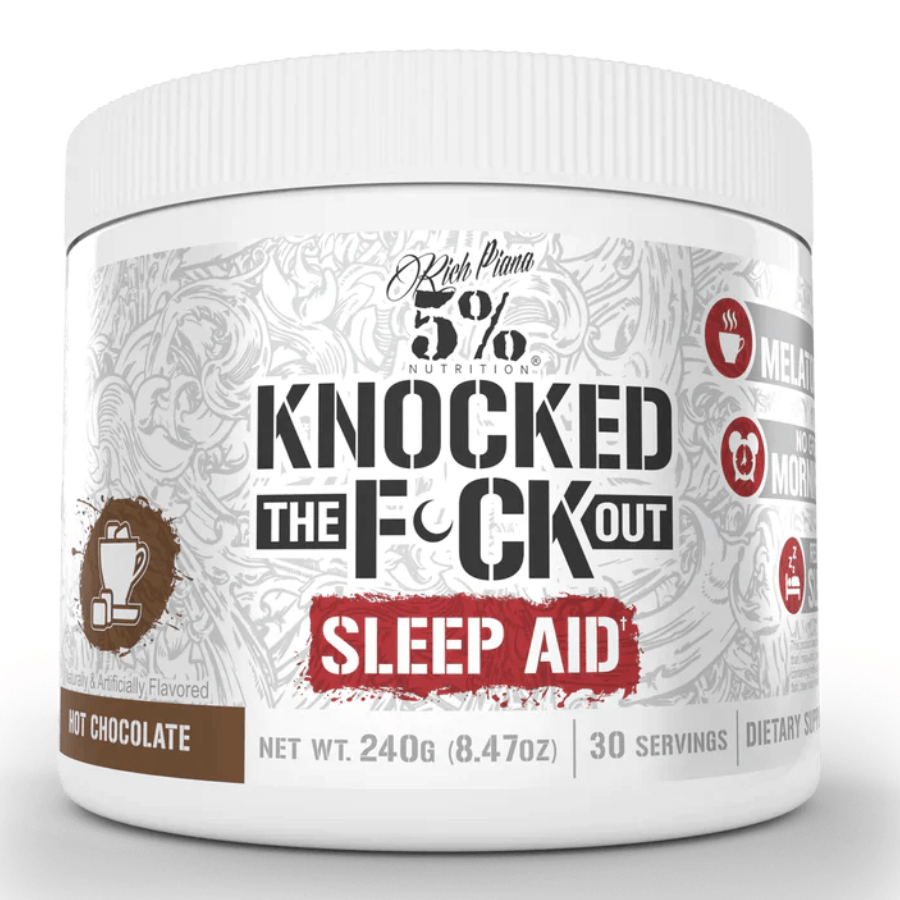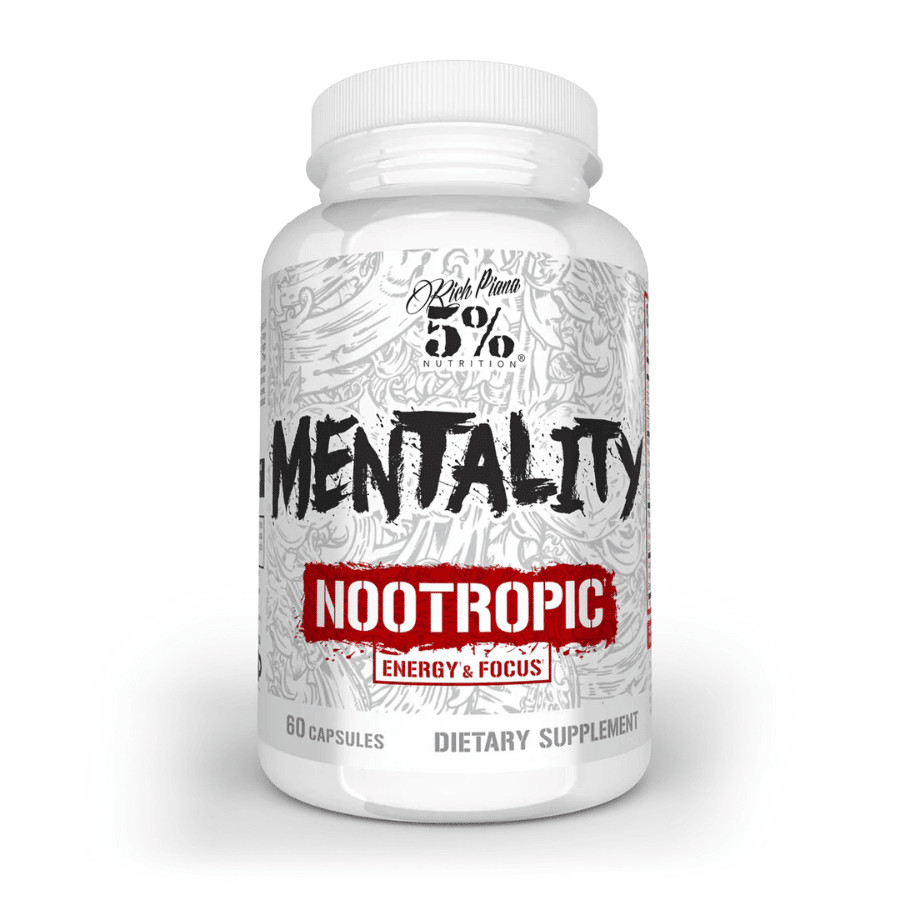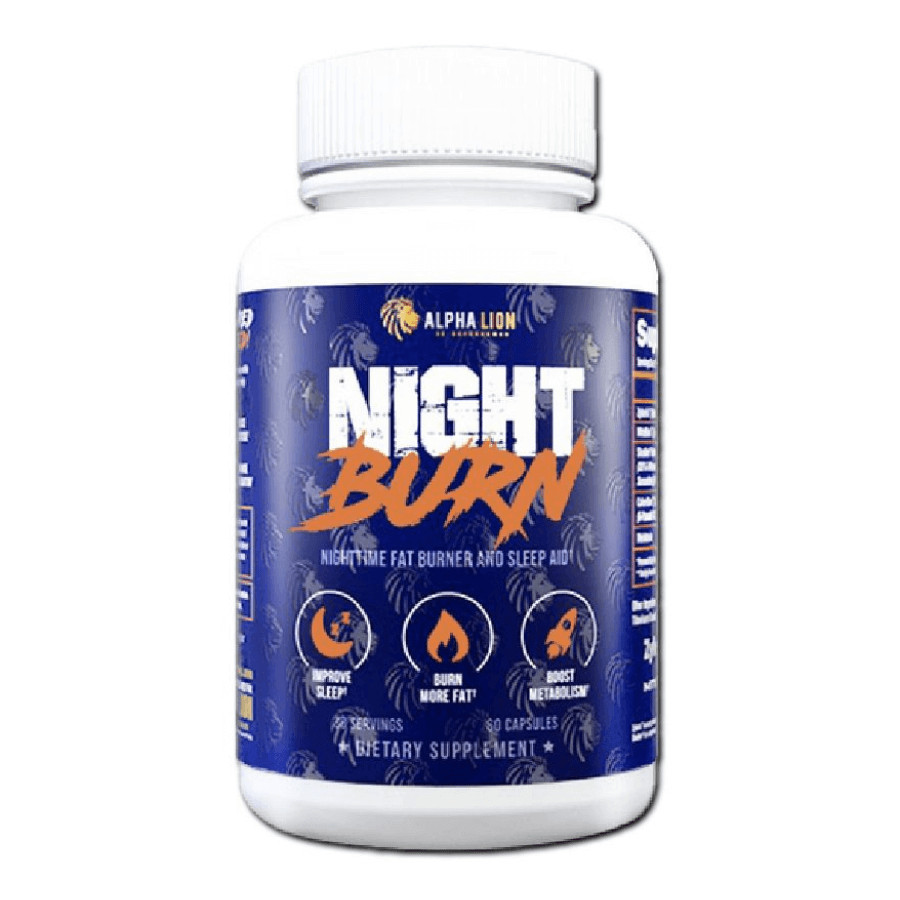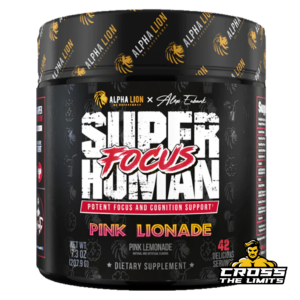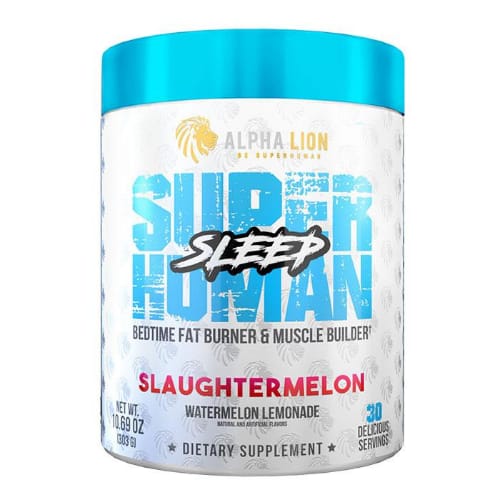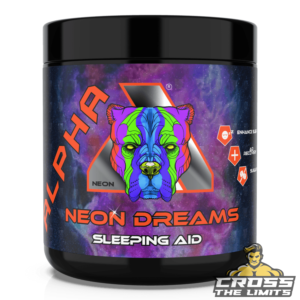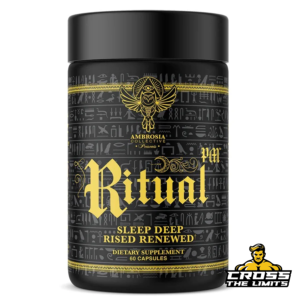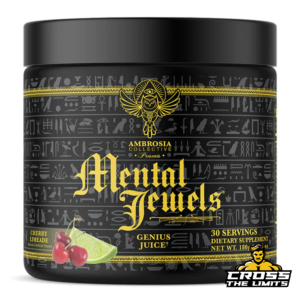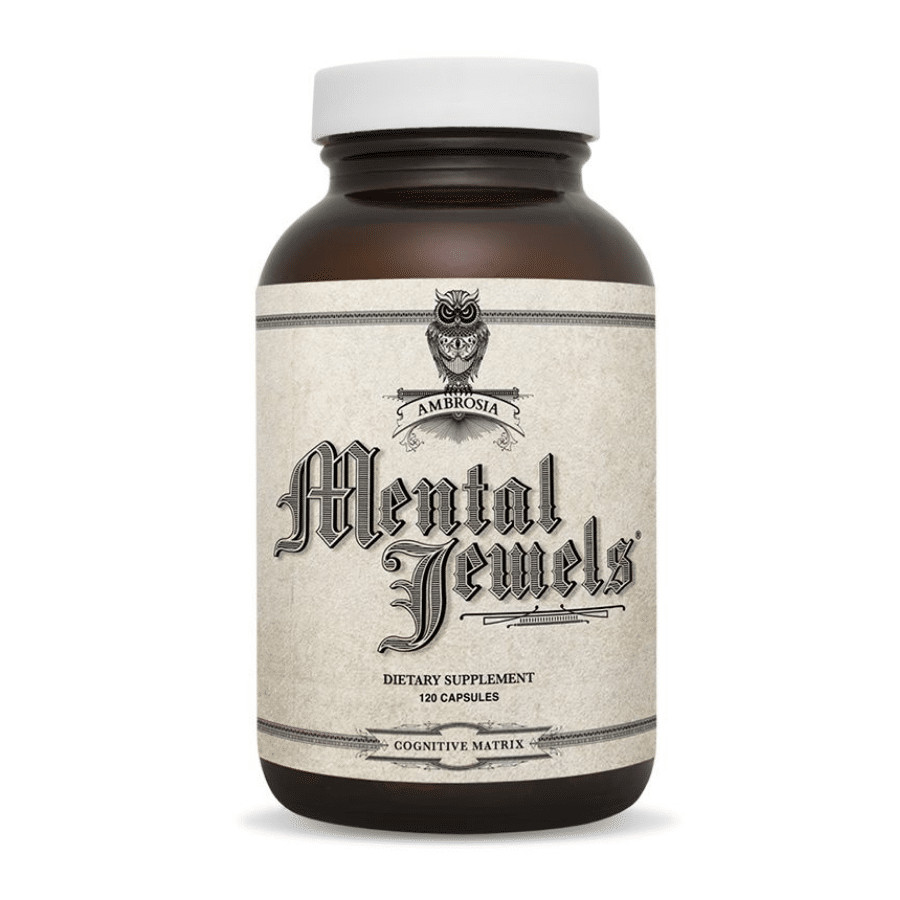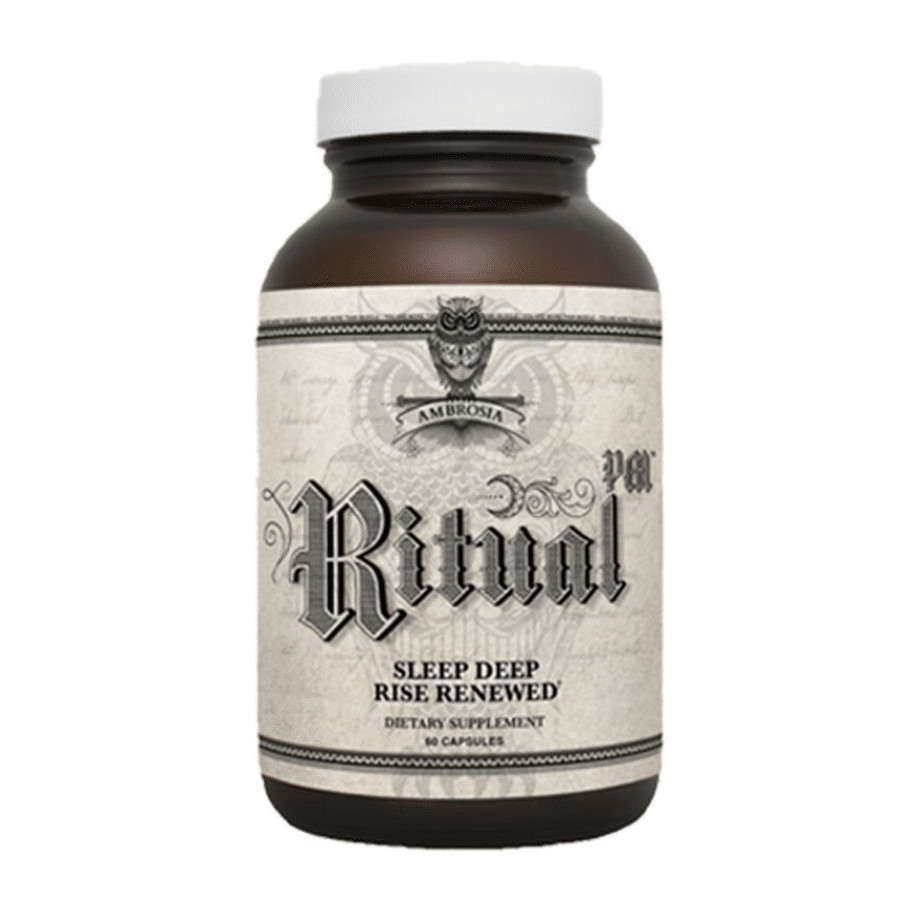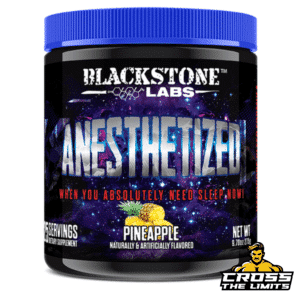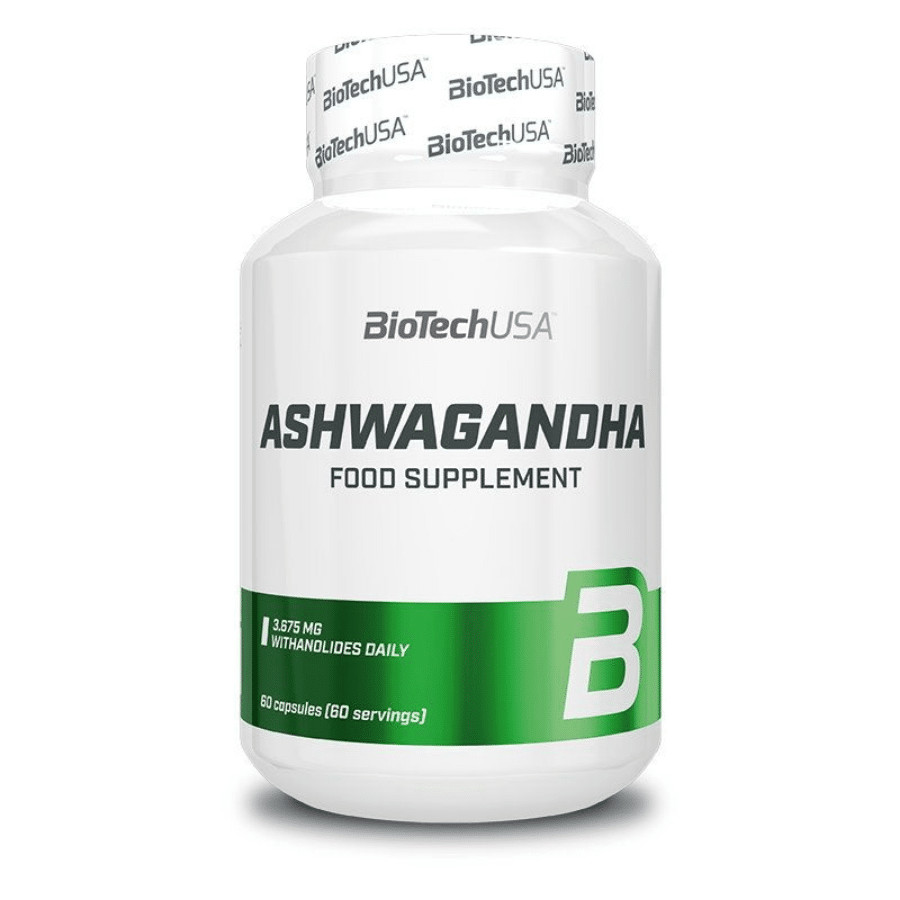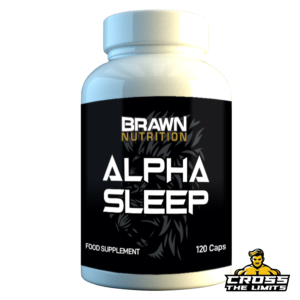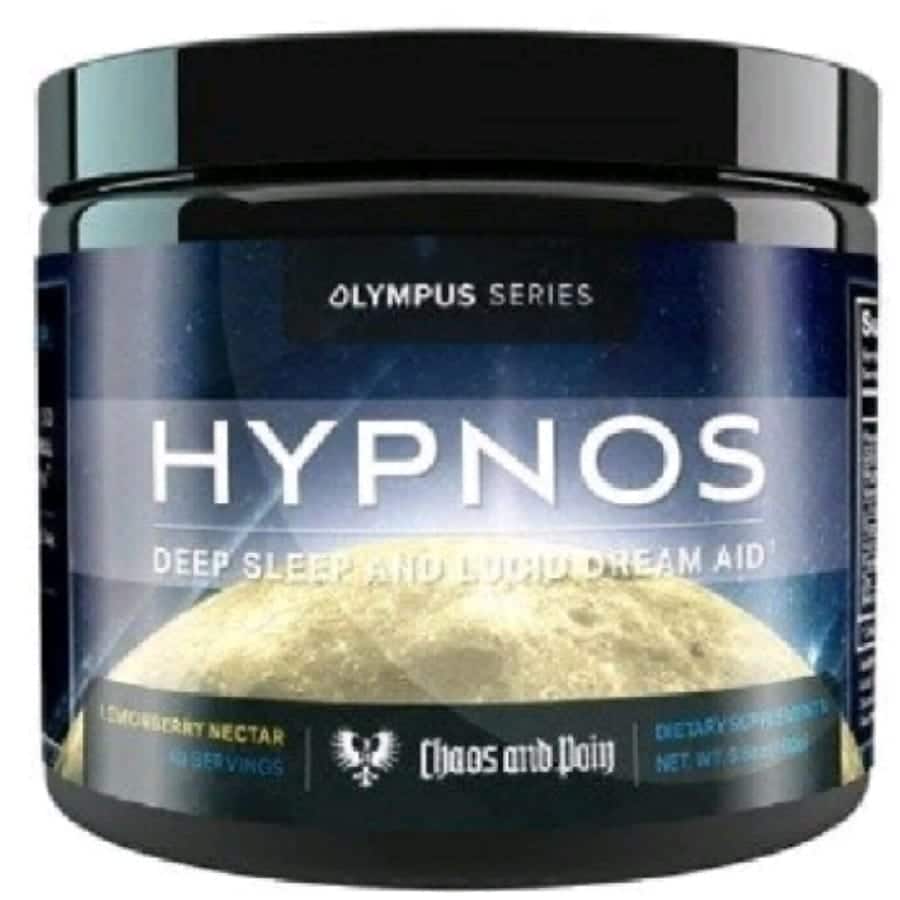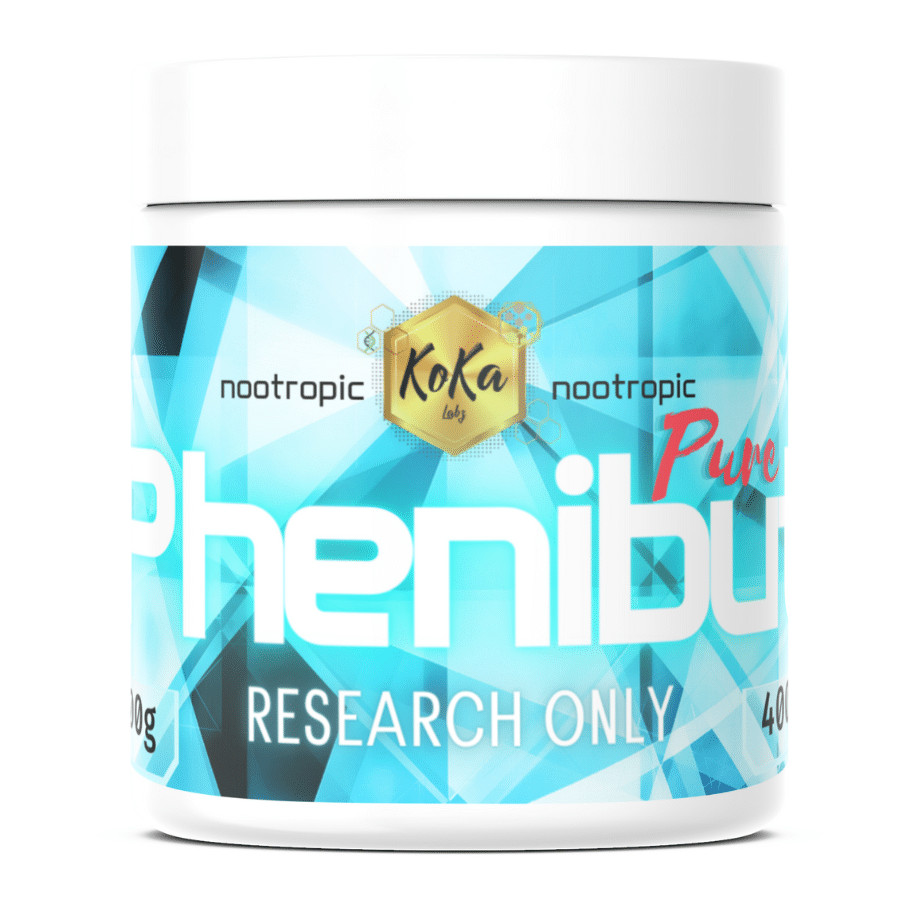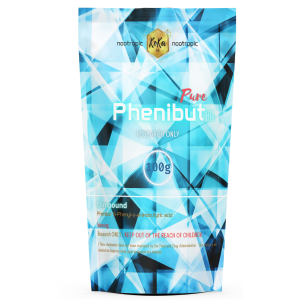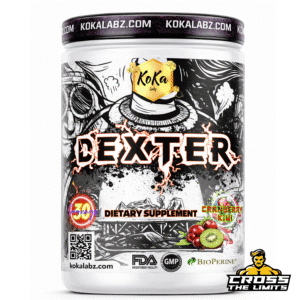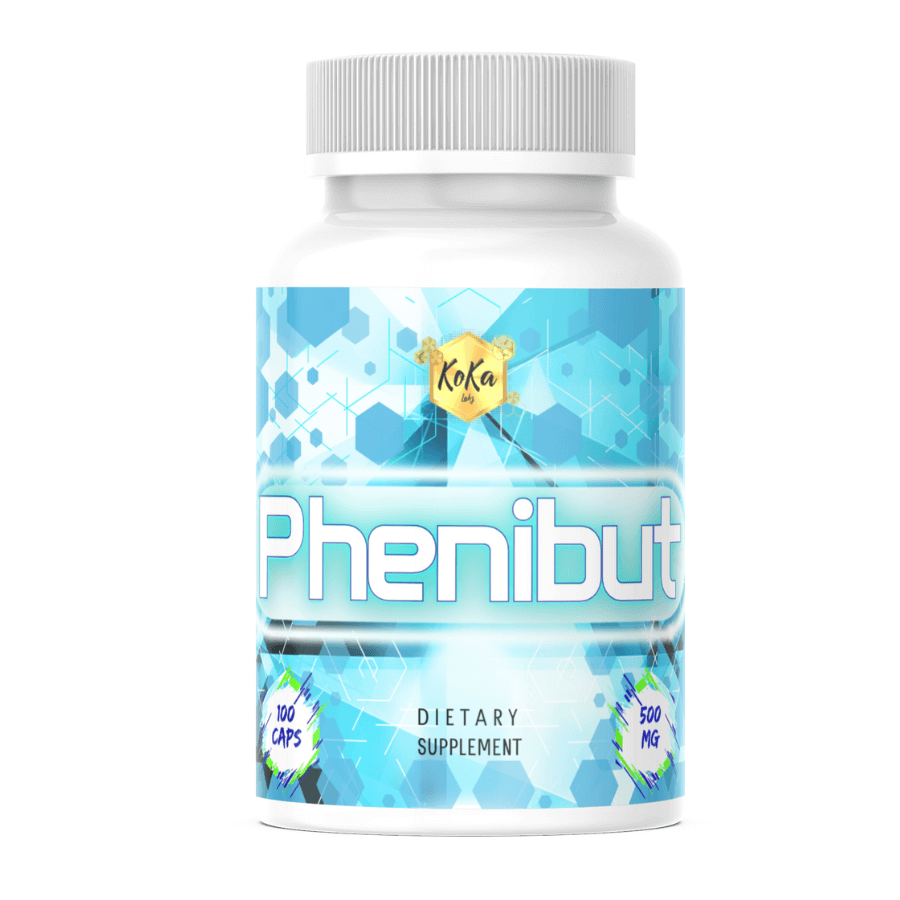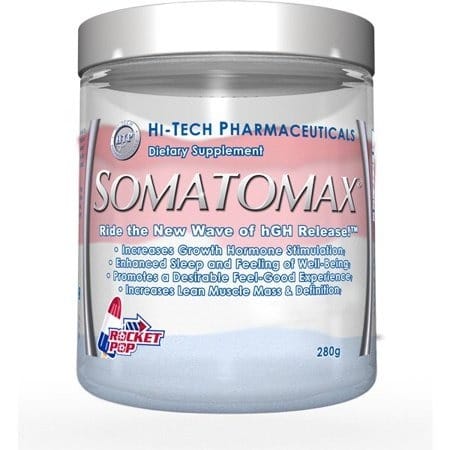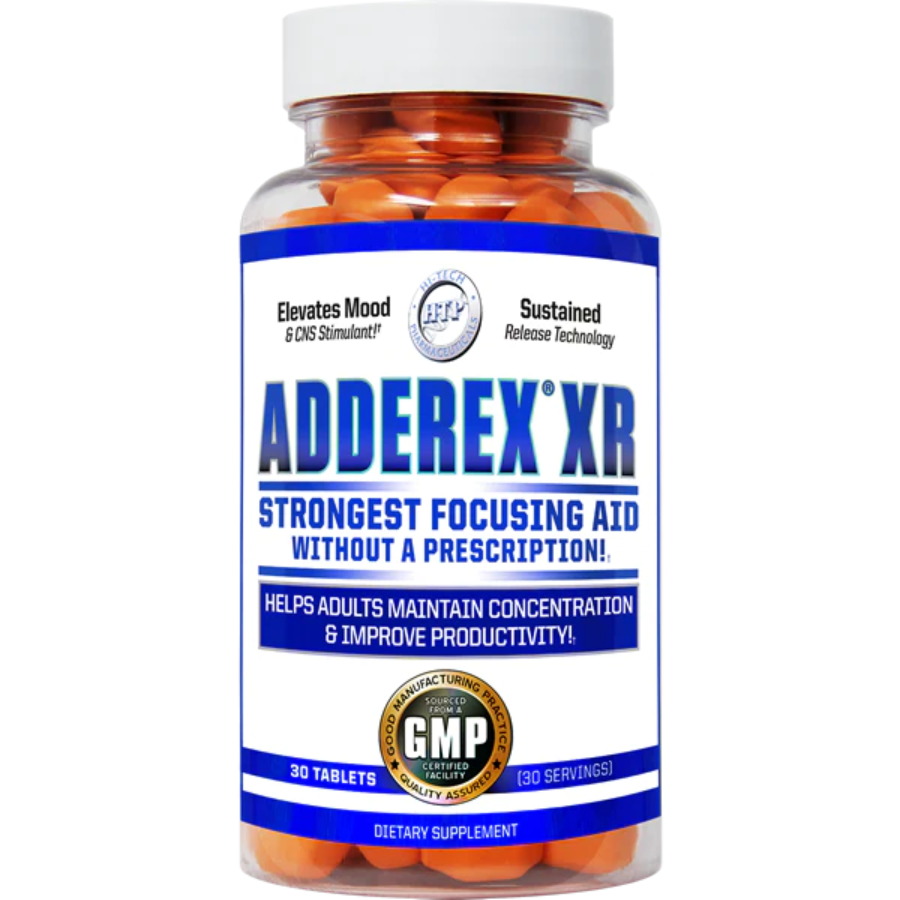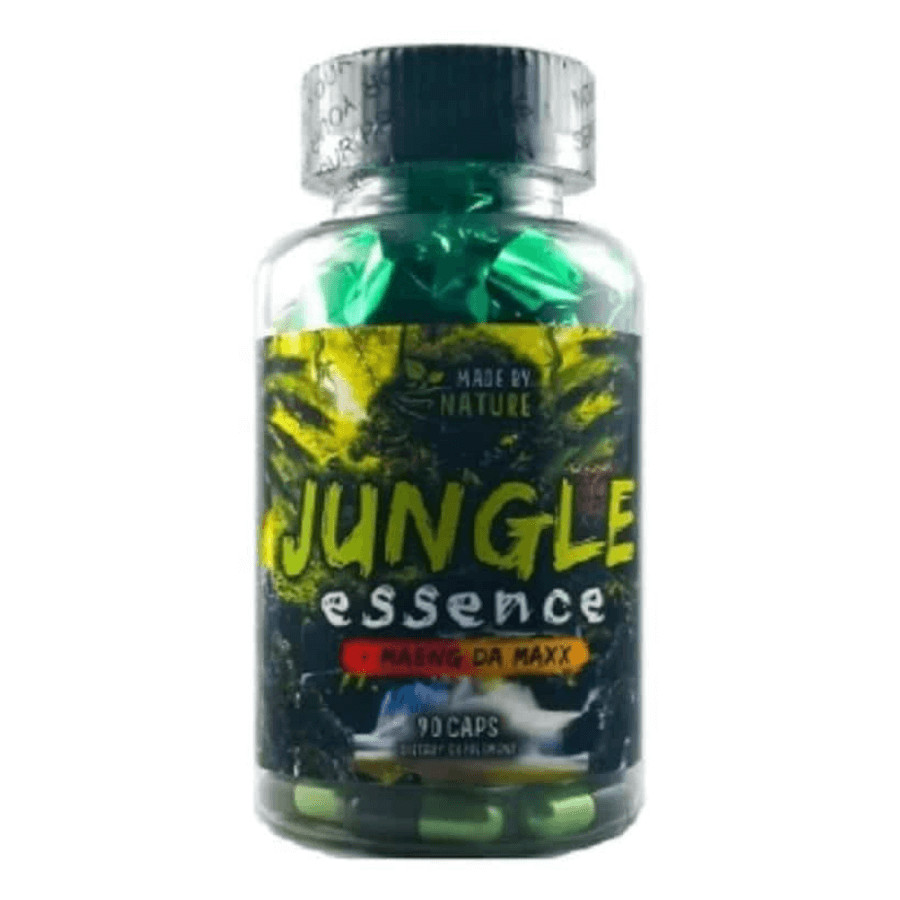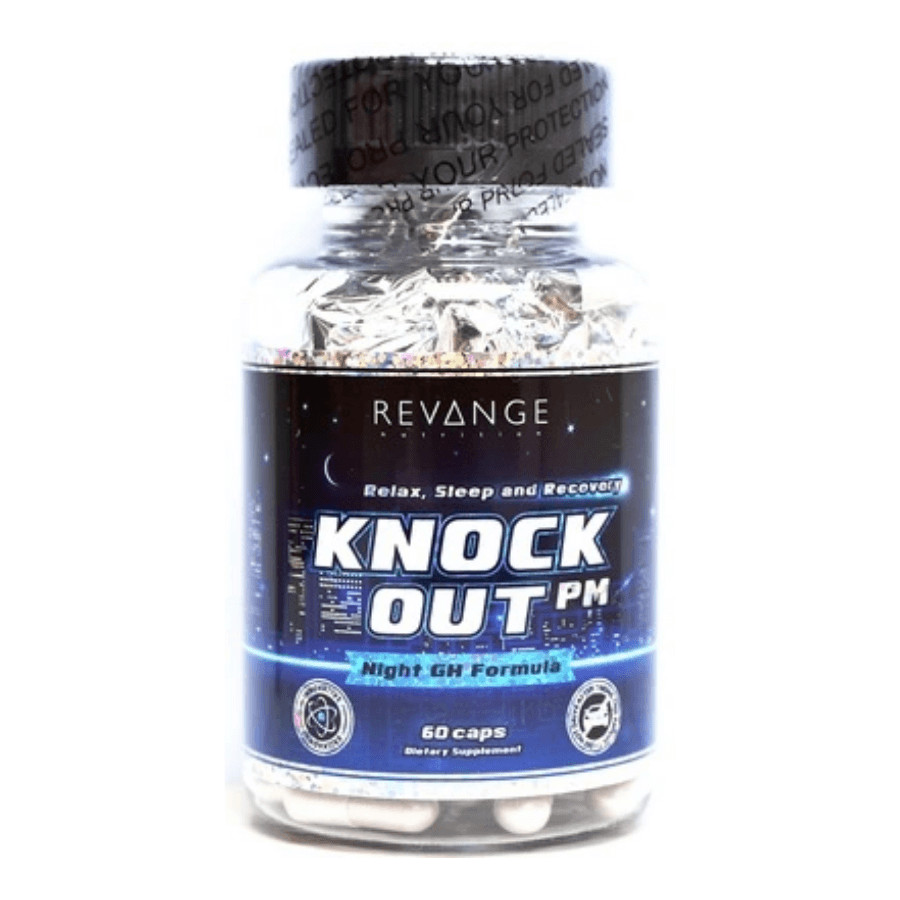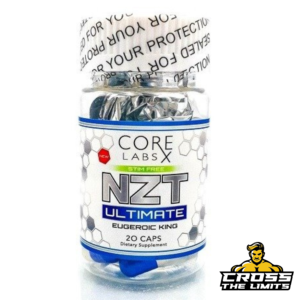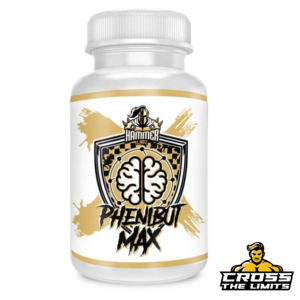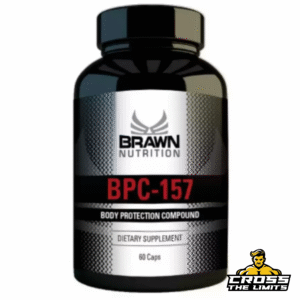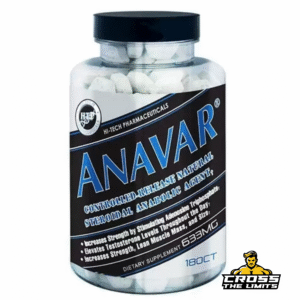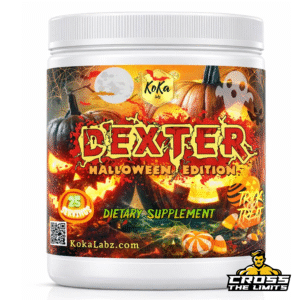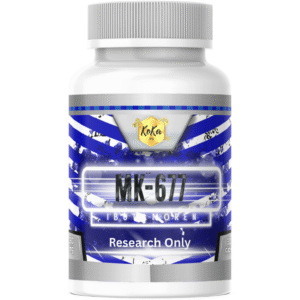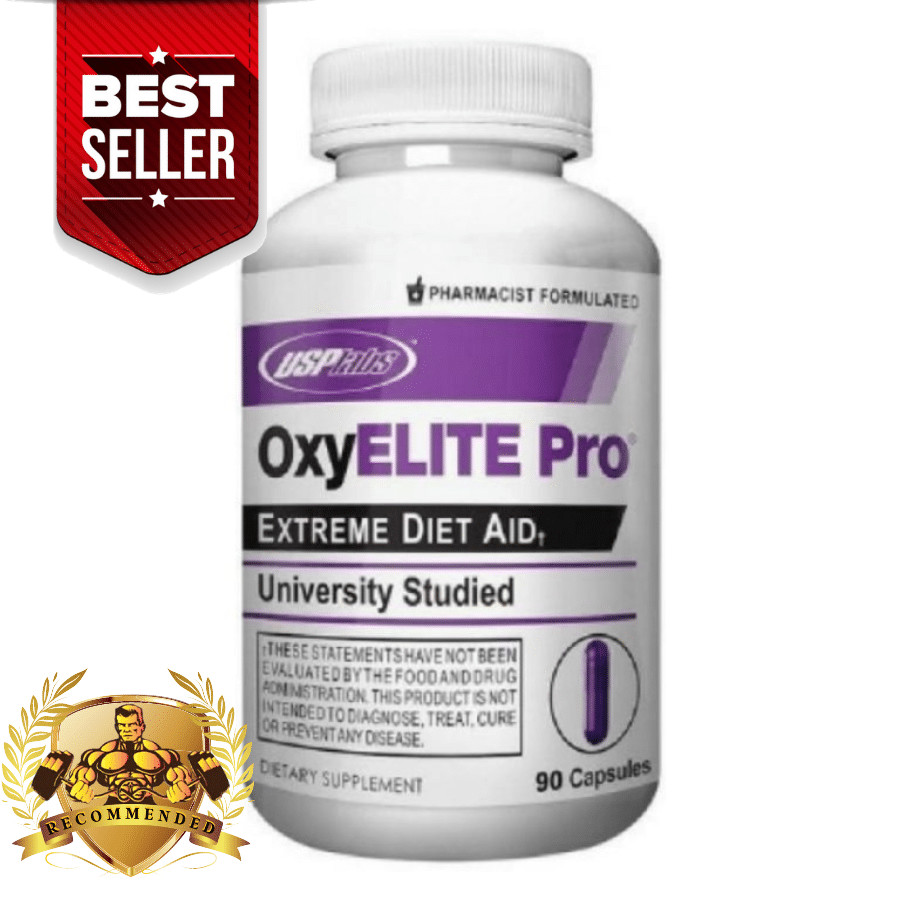Supplements for Stress and Concentration
The Impact of Supplementation on Reducing Stress and Enhancing Concentration
In today’s fast-paced world, stress and concentration problems are more prevalent than ever, affecting individuals from all walks of life. The relentless pace of modern living, along with the constant bombardment of information, has created an environment where our mental faculties are perpetually tested. This article delves into the profound impact that stress can have on our daily functioning and mental health, as well as explores the role that supplements might play in managing stress and improving concentration.
Stress, a universal experience, can manifest in numerous ways, influencing our bodies and minds. On a physical level, stress might trigger symptoms such as headaches, digestive issues, and fatigue. Mentally, it can lead to anxiety, depression, and difficulties in maintaining focus. When concentration falters, our ability to perform at work or in our personal lives can suffer significantly, creating a vicious cycle of increased stress and decreased productivity.
-
AddOut of stockAdd
Alpha Lion Night Burn 60caps
£44.09AddAddOut of stockAddAmbrosia Collective Ambrosia Ritual-PM 60caps
£37.44 £41.08AddAddOut of stockAmbrosia Ritual-PM™ 60caps
£47.48Out of stockOut of stockAddProduct no longer in sale
Check our bestsellersThe sources of stress are manifold, ranging from job pressure and financial worries to personal relationships and health concerns. Amid these challenges, finding effective ways to cope becomes crucial. One potential avenue for alleviating stress and enhancing concentration is using dietary supplements. These products, often derived from natural ingredients, are believed by many to offer a range of mental health benefits.
Supplements such as B vitamins, omega-3 fatty acids, and herbal extracts like Rhodiola Rosea and Ashwagandha have been studied for their potential to reduce stress and improve cognitive function. B vitamins play a vital role in energy production, and the functioning of the nervous system, and deficiencies in these nutrients have been linked to increased stress and fatigue. Omega-3 fatty acids, found in fish oil, are another group of compounds that have been shown to have a positive impact on mental health. Research suggests that they may help to reduce symptoms of depression and anxiety, as well as improve attention and memory.
Herbal supplements like Rhodiola Rosea and Ashwagandha have a long history of use in traditional medicine for their supposed stress-reducing properties. Modern scientific studies have validated some of these conventional claims, suggesting that these herbs help reduce symptoms of stress and improve mental focus. However, it is essential to approach these supplements with caution, as more research is needed to fully understand their effects and potential side effects.
In addition to these supplements, lifestyle changes such as regular exercise, adequate sleep, and a balanced diet can also play a crucial role in managing stress and maintaining concentration. Integrating these habits into one’s daily routine can create a strong foundation for mental health, which supplements can potentially build.
As we explore the role of supplements in managing stress and enhancing concentration, it is imperative to approach this topic with a critical eye. While there is a growing body of research supporting the use of certain supplements for mental health, it is essential to consult with a healthcare professional before starting any new supplement regimen. This is particularly important for individuals who are pregnant, nursing, have existing health conditions or are taking other medications.
In conclusion, the challenges posed by stress and concentration problems in today’s society significantly impact our ability to perform and feel our best. While supplements offer a potential tool for managing these issues, they should be used judiciously and in conjunction with other healthy lifestyle practices. By taking a holistic approach to mental health, we can find the balance and focus needed to thrive in our fast-paced world.
Understanding Stress and Its Impact on the Body
Definition of Stress and Its Various Types (Physical, Emotional, Psychological):
Stress is a complex and multifaceted response triggered by external events or internal thoughts, leading to various physical, emotional, and psychological reactions. Physical stress refers to the body’s response to tangible challenges or strain, such as injury or illness. Emotional stress pertains to feelings of sadness, anger, or frustration that arise in response to life events. Psychological stress encompasses the cognitive aspect, influencing thoughts and behaviours, often manifesting as anxiety or worry.
-
Alpha Lion Night Burn 60caps
£44.09Ambrosia Ritual-PM™ 60caps
£47.48How Stress Affects the Body and Mind, with a Special Focus on the Nervous System:
The body responds to stress through the autonomic nervous system, particularly the sympathetic nervous system, leading to the “fight or flight” response. This response is a survival mechanism, preparing the body to confront or flee from perceived threats. However, chronic activation of this response can lead to various physical and mental health issues. Physically, it may contribute to cardiovascular diseases and weaken the immune system. Mentally, it can lead to anxiety, depression, and other mood disorders. The brain’s ability to function optimally is compromised, affecting memory, concentration, and decision-making.
Long-term Consequences of Improperly Managing Stress:
Continuous exposure to stress without adequate coping mechanisms can result in long-term health issues. Mental health can deteriorate, leading to chronic conditions such as depression and anxiety disorders. Physically, the risk of chronic diseases such as heart disease, diabetes, and obesity increases. Furthermore, chronic stress negatively impacts cognitive function, leading to difficulties in memory, focus, and decision-making, which can significantly impact daily life and productivity.
Supplements for Stress Reduction
Overview of Popular Supplements Used for Stress Reduction (e.g., Magnesium, Vitamin B, Ashwagandha):
The use of supplements for stress reduction is becoming increasingly popular as individuals seek natural ways to manage stress. Magnesium is a mineral crucial for various bodily functions, and its deficiency has been linked to increased stress and anxiety. Vitamin B complex, a group of water-soluble vitamins, plays a vital role in neurological function and mood regulation. Ashwagandha, a herb used in traditional medicine, is known for its adaptogenic properties, helping the body cope with stress.
How These Supplements Can Help Manage Stress, Including Their Mechanisms of Action and Potential Benefits:
Magnesium assists in regulating the body’s stress response, acting as a natural calcium channel blocker, which has a calming effect on the nervous system. B vitamins are crucial in synthesizing neurotransmitters, such as serotonin, which regulates mood. Ashwagandha is believed to modulate the body’s response to stress, reducing cortisol levels and improving resilience.
Scientific Research and Evidence Supporting the Efficacy of These Supplements:
Extensive research supports the use of these supplements in managing stress. Studies have shown that magnesium supplementation can lead to significant reductions in symptoms of stress and anxiety. B vitamins have been demonstrated to improve mood and reduce stress, especially in deficient individuals. Ashwagandha has a growing body of evidence supporting its use in reducing stress and anxiety, with clinical trials showing substantial benefits.
Potential Side Effects and Considerations Before Starting Supplementation:
While these supplements are considered safe for most individuals, awareness of potential side effects is crucial. High doses of magnesium may cause gastrointestinal issues, and B vitamins can interact with various medications. Ashwagandha is generally well-tolerated but should be avoided by pregnant or breastfeeding women. Consulting a healthcare professional before starting any new supplement regimen ensures safety and efficacy, particularly for individuals with pre-existing conditions or those on medication.
Discussion on How Lifestyle and Other Factors Can Influence Mood and Mental Health:
Lifestyle choices and environmental factors collectively have a profound impact on our mental health and mood. Chronic stress from work, strained relationships, or financial difficulties can lead to a sustained release of stress hormones, negatively affecting the brain and leading to mood disorders. On the other hand, engaging in hobbies and activities that bring joy and satisfaction can serve as natural mood boosters. Adequate exposure to sunlight helps produce serotonin, a neurotransmitter that contributes to feelings of well-being and happiness. Conversely, lack of natural light, especially during winter months, can lead to Seasonal Affective Disorder (SAD), a type of depression related to changes in seasons.
Tips for Lifestyle Changes That Can Contribute to Improved Mood and Mental Health:
In addition to establishing a routine for sleep, diet, and exercise, it’s essential to cultivate positive relationships and engage in social activities, as they can provide emotional support and reduce feelings of loneliness or isolation. Taking breaks during work, practising gratitude, and adopting a positive mindset can also improve mental health. Limiting alcohol consumption and avoiding illicit substances is crucial, as these can negatively impact mood and mental well-being.
Engaging in creative pursuits like art, writing, or music can provide an outlet for expressing feelings and reducing stress. Volunteering and helping others can instil a sense of purpose and improve mood. It’s also vital to set realistic goals and expectations to avoid unnecessary stress and disappointment.
How Supplements Can Complement Other Lifestyle Aspects to Maximize Benefits:
Supplements can fill nutritional voids that may be hard to address through diet alone, particularly for individuals with dietary restrictions or specific health conditions. For example, vitamin D supplements can benefit those with limited sun exposure, improving mood and overall well-being. Probiotics can play a role in gut health, intricately connected to mood and mental health through the gut-brain axis.
Adaptogens like Rhodiola rosea and holy basil are known for their stress-reducing properties. They can be a valuable addition to a holistic approach to stress management. However, it’s crucial to approach supplementation cautiously and seek professional advice, as some supplements can interact with medications or may not be suitable for everyone.
-
KK labz B-aba-Pheni 200g
£88.86KK Labz B-aba-Pheni 100g
£46.22Dark labs Euphoria 60 caps
£25.21Koka Labz Pure Agma 50g
£26.63Hi-Tech Adderex XR® 30 servings
£33.28 £49.89Incorporating relaxation techniques such as deep breathing, progressive muscle relaxation, or guided imagery can enhance the benefits of a balanced lifestyle and supplementation. These practices can help calm the mind, reduce stress hormone levels, and improve mood and mental clarity.
By adopting a comprehensive approach that combines healthy lifestyle choices, supportive relationships, mindfulness practices, and responsible use of supplements, individuals can create a strong foundation for improved mood and mental well-being.
The extensive exploration of the impact of supplements on mood and mental health, coupled with lifestyle modifications, brings us to a set of comprehensive conclusions that emphasize the interconnectivity of various factors in achieving optimal mental well-being.
Firstly, it is paramount to acknowledge that mental health is a multifaceted aspect of our lives, intricately influenced by biological, psychological, and environmental factors. Supplements such as magnesium, B vitamins, and ashwagandha have shown potential in supporting mental health by addressing specific nutritional deficiencies and helping to regulate the body’s response to stress. However, it is crucial to understand that these supplements are not a panacea. Their efficacy is significantly enhanced with a balanced lifestyle and healthy dietary choices.
The role of lifestyle cannot be overstated in this context. Adequate sleep, regular physical activity, balanced nutrition, and solid social connections form the bedrock of good mental health. Sleep, in particular, is a critical component, as it directly impacts our mood, cognitive function, and resilience to stress. Regular physical activity acts as a natural mood enhancer and stress reliever. At the same time, a balanced diet provides the necessary nutrients for optimal brain function and mood regulation.
Social connections offer emotional support, reduce feelings of loneliness, and increase our sense of belonging and purpose. Engaging in joyful activities, practising mindfulness, and maintaining a positive mindset further improve mental well-being. These lifestyle choices create a synergistic effect, enhancing the benefits derived from supplements and providing a holistic approach to mood enhancement and stress management.
Regarding supplementation, it is imperative to approach it with caution and awareness. Starting with lower dosages, being mindful of potential medication interactions, and consulting with healthcare professionals ensure safe and effective use. Supplements should be viewed as an adjunct to a healthy lifestyle rather than a replacement.
Furthermore, it is vital to recognize that mental health is a continuous journey requiring ongoing attention and care. Developing coping strategies for stress, building resilience, and seeking professional help when needed are essential components of this journey. There is no one-size-fits-all solution, and what works for one individual may not work for another. Personalization and attentiveness to one’s own needs and responses are essential.
The importance of a holistic approach cannot be overstated. Addressing mental health requires a comprehensive strategy that considers not only biological factors but also lifestyle, environmental influences, and personal relationships. It is a delicate balance, which is crucial for long-term mental well-being.
In conclusion, while supplements can be supportive in enhancing mood and managing stress, they are most effective when combined with a healthy lifestyle, positive relationships, and mindful practices. Responsible use of supplements, coupled with a comprehensive approach to lifestyle modification, creates a robust foundation for improved mental health. Continuous self-awareness, personalization of strategies, and seeking professional guidance when necessary are essential components of this holistic approach. Ultimately, the journey to optimal mental well-being is a personal one, requiring dedication, patience, and a commitment to holistic care.
About the author
Cross The Limits
Cross The Limits is a passionate advocate for health, fitness, and well-being. Since 2018, we have been providing top-quality dietary supplements and vitamins across the UK. Based in Suffolk, our team is committed to helping you achieve your fitness goals with trusted products, expert advice, and unwavering support. Through our blog, we share valuable tips, insights, and the latest trends to inspire and guide you on your health and fitness journey.
Check other posts

What pre-workout supplements can you take every…
February 17th, 2026
Read more
Where to buy the strongest fat burner…
February 10th, 2026
Read more
How to choose the best muscle-building supplements.…
January 30th, 2026
Read moreRelated products
-
KK labz B-aba-Pheni 200g
£88.86KK Labz B-aba-Pheni 100g
£46.22Rated 5.00 out of 5Rated 4.89 out of 5Rated 4.33 out of 5Rated 5.00 out of 5
